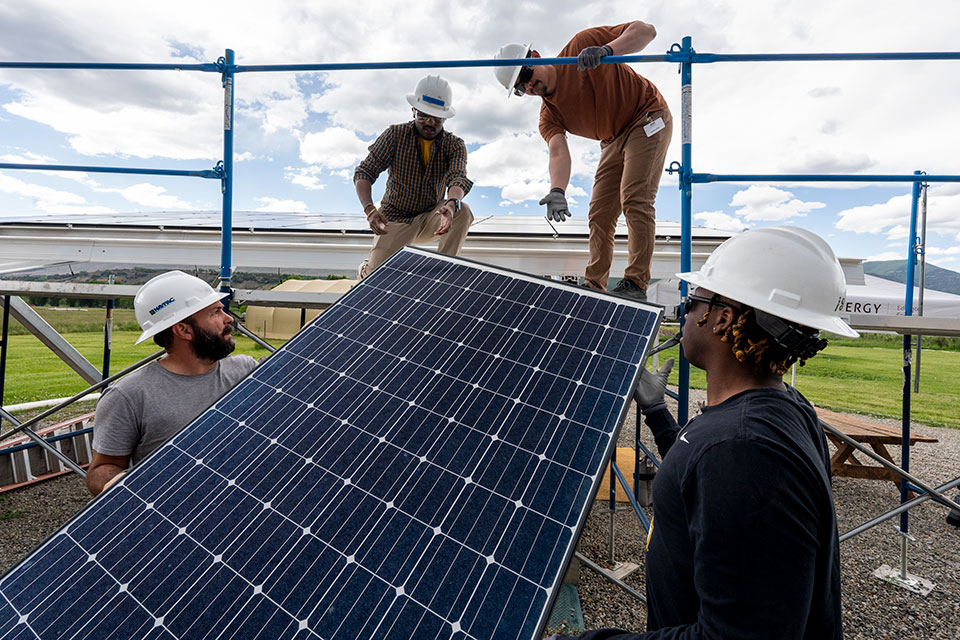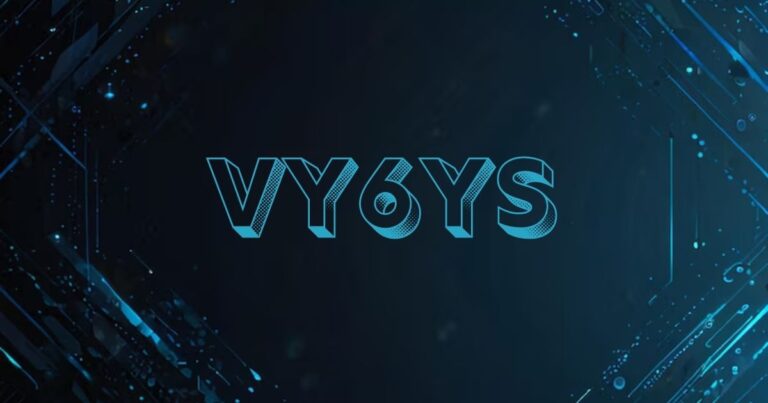Training and Empowering Teams in Solar Energy
The solar energy industry is growing rapidly. With this growth comes the need for skilled and adaptable teams to handle installations, maintenance, and innovation. Training and empowering solar teams is essential for maintaining quality and meeting rising demand. It’s about more than just technical skills—teams need resilience, adaptability, and a commitment to continuous improvement.
The Value of Continuous Learning
In solar energy, learning never stops. Technology evolves quickly, and staying current is vital. Solar panels, battery storage, and smart systems all require specialized knowledge. Without regular training, teams risk falling behind.
Continuous learning ensures teams are prepared for new challenges. Whether it’s mastering the latest tools or understanding updated safety protocols, knowledge is power. Neville Voss, a renewable energy leader, highlights this importance. “A well-trained team is a confident team,” he says. “Confidence leads to better outcomes for customers and the environment.”
Investing in ongoing education also boosts morale. Team members who feel supported are more likely to stay motivated and engaged. This reduces turnover and builds loyalty, both critical for long-term success in a competitive industry.
Adapting to Market Changes
The solar industry is dynamic. Policies, regulations, and customer preferences change frequently. Teams must be adaptable to thrive in this environment. Training programs should focus on problem-solving and flexibility.
For example, as demand for residential solar systems grows, teams may need to shift from large-scale projects to smaller, customized installations. This requires a different approach, including clear communication and attention to detail.
Adaptability also involves learning new technologies. Tools like AI and IoT are becoming standard in solar installations. Teams need to know how to use these tools effectively. Regular workshops and hands-on training sessions help teams stay ahead of the curve.
Strong leadership is key to fostering adaptability. Leaders should encourage open communication and create an environment where team members feel comfortable suggesting improvements. This collaborative approach helps teams adjust quickly to new market demands.
Building Resilient Teams
Resilience is the ability to bounce back from challenges. In the fast-paced solar industry, this is crucial. Weather delays, supply chain issues, and unexpected technical problems can disrupt projects. Resilient teams handle these setbacks without losing focus.
Training plays a significant role in building resilience. Scenario-based training, where teams practice handling real-world challenges, is particularly effective. This type of preparation builds confidence and problem-solving skills.
Mentorship also strengthens resilience. Experienced team members can guide newer colleagues, sharing strategies for overcoming obstacles. This creates a supportive culture where team members feel empowered to tackle difficulties together.
The Role of Mentorship
Mentorship is one of the most powerful tools for team development. It’s not just about teaching technical skills—it’s about fostering leadership and growth. Mentors provide guidance, encouragement, and perspective.
In solar teams, mentorship can accelerate learning. New hires often face a steep learning curve. A mentor can help them navigate this, offering practical advice and emotional support. This shortens the time it takes for new team members to become effective contributors.
Mentorship benefits the mentors, too. Sharing knowledge reinforces their own skills and builds pride in their work. It also creates a sense of responsibility and investment in the team’s success.
Neville Voss has seen mentorship transform solar teams. “Mentorship isn’t just about teaching,” he says. “It’s about inspiring. When team members feel inspired, they perform at their best.” This approach ensures that solar teams are not just skilled but also motivated and cohesive.
Strategies for Training and Development
Effective training programs are structured and goal-oriented. They should cover both technical and soft skills. For example, a comprehensive program might include:
- Technical skills: Installing solar panels, wiring, and system troubleshooting.
- Soft skills: Communication, teamwork, and customer service.
- Advanced training: Learning about new technologies like AI-powered monitoring systems.
Using a mix of training methods keeps programs engaging. Classroom instruction, online courses, and hands-on workshops all have their place. Combining these methods ensures that team members retain and apply what they’ve learned.
It’s also important to evaluate training programs regularly. Collect feedback from participants and track performance improvements. This helps identify areas for enhancement and ensures the training remains effective.
Empowering Teams Through Leadership
Leadership is the foundation of any successful team. Leaders set the tone, establish expectations, and motivate their teams. In solar energy, leadership must also emphasize sustainability and customer satisfaction.
Good leaders listen to their teams. They understand the challenges their team members face and provide the resources needed to overcome them. This builds trust and loyalty.
Leaders should also model the behavior they expect. Showing dedication to quality, safety, and learning inspires teams to do the same. As Neville Voss puts it, “A leader’s actions speak louder than words. When you lead by example, your team follows.”
Empowering teams isn’t just about giving them the right tools and training—it’s about creating an environment where they feel valued and capable. This leads to higher performance and job satisfaction.
The Impact of Empowered Teams
Empowered teams deliver better results. They complete projects on time, maintain high-quality standards, and provide excellent customer service. This strengthens the company’s reputation and builds trust with clients.
Empowered teams also contribute to sustainability. Well-trained, motivated teams are more efficient, reducing waste and maximizing the impact of every solar installation. This aligns with the industry’s mission to create a greener future.
Finally, empowered teams drive innovation. When team members feel confident and supported, they’re more likely to suggest new ideas and improvements. This keeps the company competitive and forward-thinking.
The Future of Solar Teams
The solar industry depends on its people. Skilled, adaptable, and resilient teams are the backbone of sustainable energy. By investing in training, mentorship, and leadership, solar companies can build teams that thrive in a fast-changing world.
Leaders like Neville Voss demonstrate what’s possible when teams are empowered. “The future of solar is bright,” he says. “And it’s powered by the people who make it happen.”
As the industry grows, the focus on team development will only become more important. Solar companies that prioritize their teams will not only succeed—they’ll lead the way to a cleaner, more sustainable future.
Keep an eye for more latest news & updates on Hamro Solarllc!






